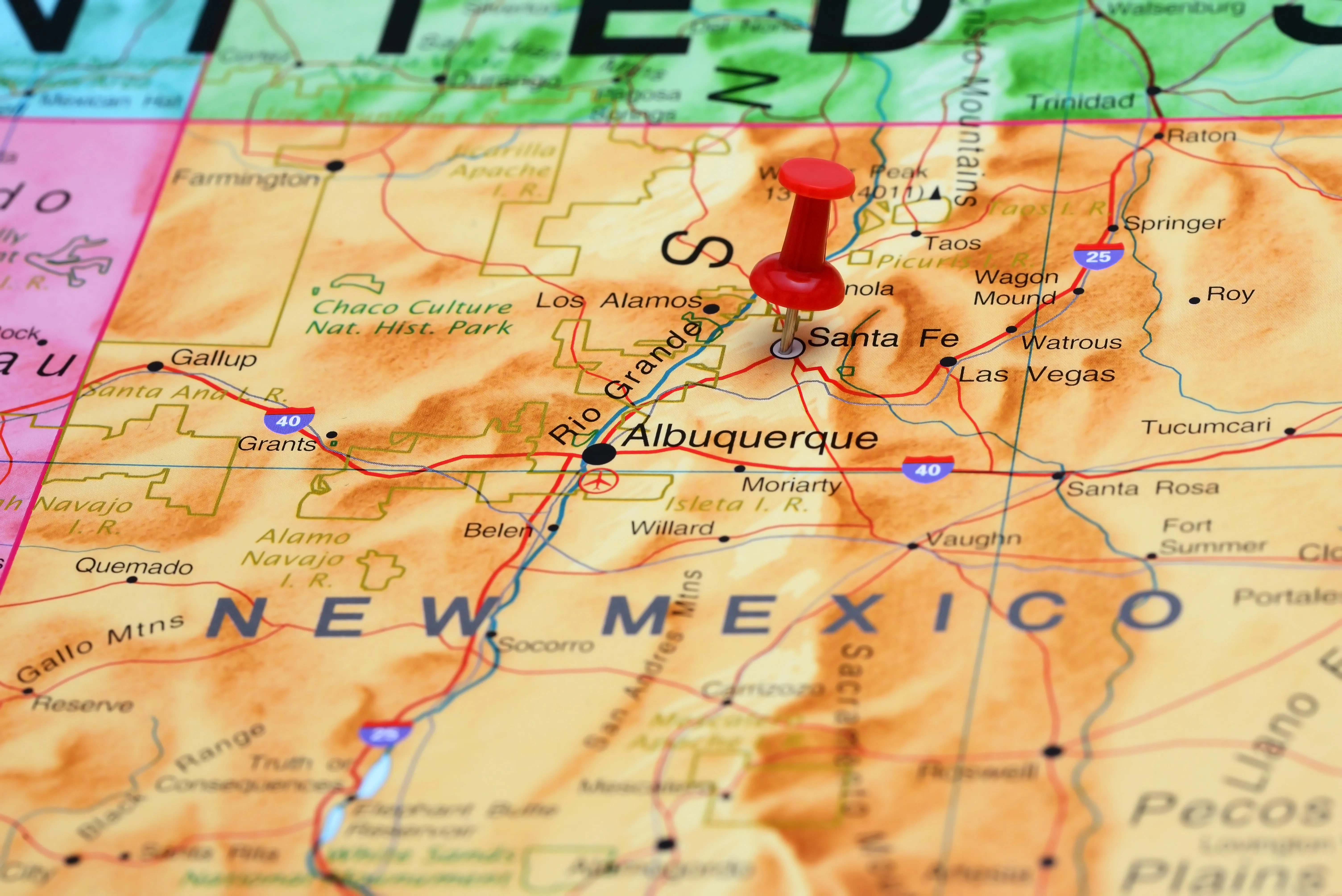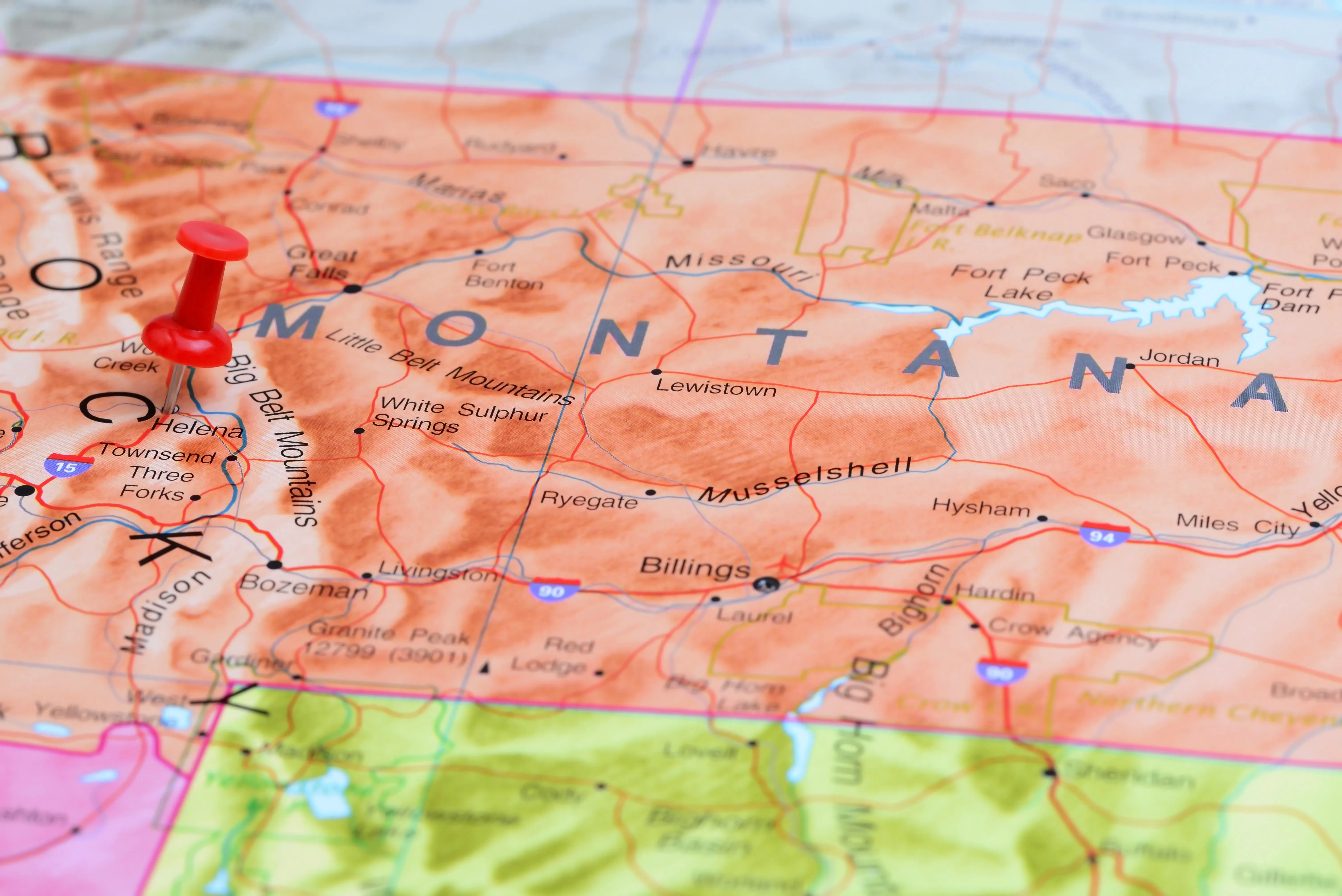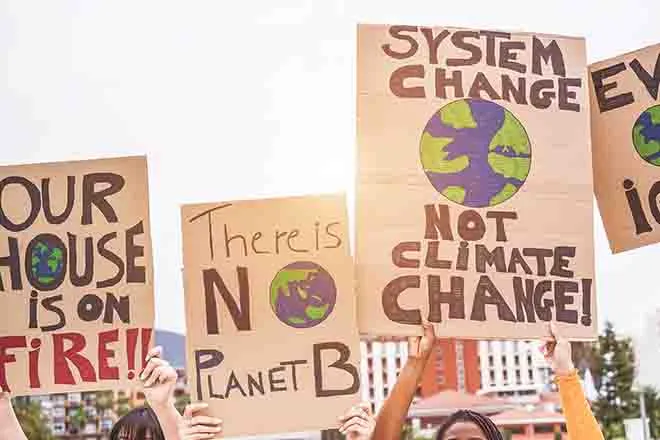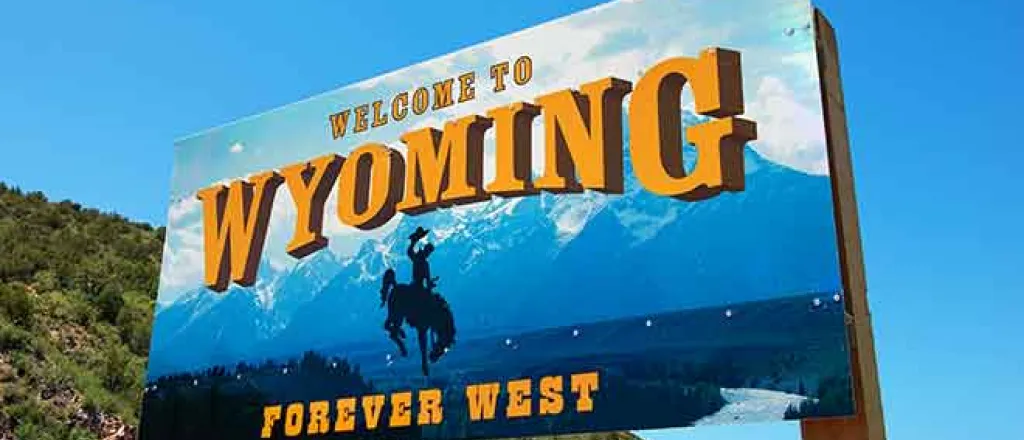
Wyoming in national debate over public lands power play
Click play to listen to this article.
As Congress moves to overturn federal land management plans in three states, a conservation expert said Wyoming is following the standard public process instead.
The U.S. House has passed resolutions under the Congressional Review Act to nullify resource management plans in Montana, North Dakota and Alaska. While Wyoming has faced similar controversies over its plans in Rock Springs and Buffalo, it is not targeted by the current Congressional action.
David Willms, associate vice president of public lands for the National Wildlife Federation, said the administration is working collaboratively to improve the plans.
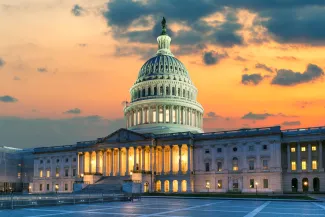
"They're actually going to work with the public and take public input and work on amending those plans to address some of the underlying concerns that they might have in the resource management plans there, rather than taking this more extreme approach of using the Congressional Review Act," Willms explained.
Willms argued using the Congressional Review Act completely repeals a plan and can prevent agencies from creating similar rules in the future. Proponents countered current land management plans hinder domestic energy production on public lands.
Willms warned if the Congressional Review Act is successfully used in the three targeted states, it could set a precedent, putting every future land-management plan in the West at risk of political repeal.
"Every place that's got public lands, the risk is, once you do this once, it's going to be done again," Willms emphasized. "The more and more it becomes a political tool to undo actions, other parties can do it too, and it's just going to make land management planning going forward far more complicated."
He added it could create long-term uncertainty for industries and users who depend on stable rules for grazing, recreation and energy development on public lands.


